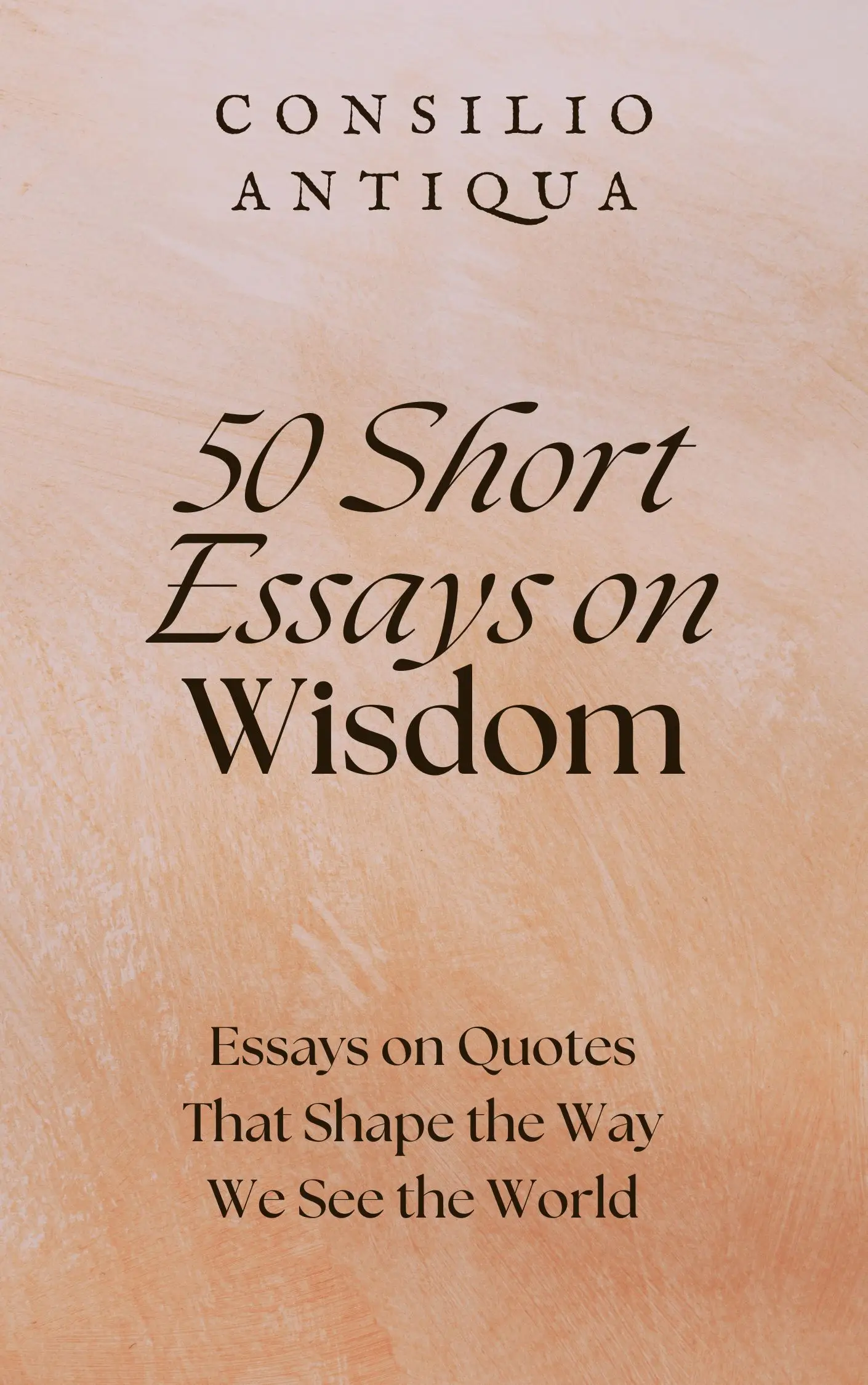
50 Short Essays on Wisdom | Seizing the Golden Hour
Seizing the Golden Hour
"Make hay while the sun shines." - John Heywood
The scent of freshly cut grass, sharp and sweet, hangs heavy in the air. A sun-drenched field stretches before me, a canvas of emerald and gold, the rhythmic swish of a scythe a counterpoint to the buzzing of bees. This image, a pastoral idyll, holds the essence of the ancient proverb, "Make hay while the sun shines." It speaks not merely of agricultural efficiency, but of a deeper truth: the imperative to seize opportunities when they present themselves, for time, like the sun, is ever-moving, ever-changing.
The proverb's origins are deeply rooted in the agrarian societies of centuries past. Haymaking, a laborious process dependent on favorable weather, demanded meticulous timing. A missed window of opportunity – a sudden downpour, a shift in the season – could mean spoiled crops and a lean winter. The proverb, therefore, served as a practical maxim, a reminder of the delicate balance between human endeavor and the forces of nature. Its wisdom resonated not only amongst farmers, but across various cultures, becoming a timeless adage echoing across generations.
At its core, "Make hay while the sun shines" is a call to action, an exhortation to harness the present moment. It emphasizes the fleeting nature of opportunity, urging us to recognize and capitalize on favorable circumstances. This isn't simply about ambition or relentless productivity; it's about aligning our actions with the rhythm of life, recognizing the ebb and flow of fortune, and making conscious choices to engage with the present. The proverb's enduring power lies in its simplicity, its directness, its ability to cut through the noise of modern life and speak to a fundamental human experience: the struggle to balance ambition with the limitations of time.
In our fast-paced, hyper-connected world, the wisdom of this proverb feels particularly poignant. Consider the young professional, hesitant to take a leap of faith into a new venture, paralyzed by fear of failure. Or the artist, postponing their creative work, overwhelmed by self-doubt and the demands of daily life. Or the couple, neglecting their relationship, allowing resentment and misunderstandings to fester. In each case, the sun is shining – an opportunity exists – but hesitation, fear, or inertia prevents them from making hay. The consequences can be profound, leading to regret and a sense of unfulfilled potential.
Yet, the proverb's wisdom isn't without its nuances. The relentless pursuit of productivity can lead to burnout, a frantic race that leaves us depleted and disconnected from ourselves. The wisdom of "making hay" also necessitates periods of rest and reflection, moments of quiet contemplation where we can assess our progress, recalibrate our goals, and replenish our energy. The sun, after all, sets every day, reminding us of the need for balance, for a rhythm that incorporates both action and repose.
How, then, do we integrate this ancient wisdom into our contemporary lives? Perhaps it begins with a heightened awareness of the present moment, a conscious effort to identify opportunities as they arise. It requires courage to step outside our comfort zones, to embrace risk and uncertainty. It demands self-compassion, acknowledging that we will inevitably miss some opportunities, that setbacks are part of the human experience. But by cultivating a mindful approach to life, by learning to discern between genuine opportunities and fleeting distractions, we can begin to make hay while the sun shines, harvesting the richness of our lives, one golden hour at a time. What opportunities are you overlooking? What seeds of potential lie dormant within you, waiting for the sun to shine?
In the end, the image of the sun-drenched field remains, a potent symbol of the fleeting nature of time and the enduring power of seizing the moment. It's a reminder that life, like a field of hay, requires tending, nurturing, and a willingness to work while the conditions are favorable. The harvest, however, is worth the effort.
